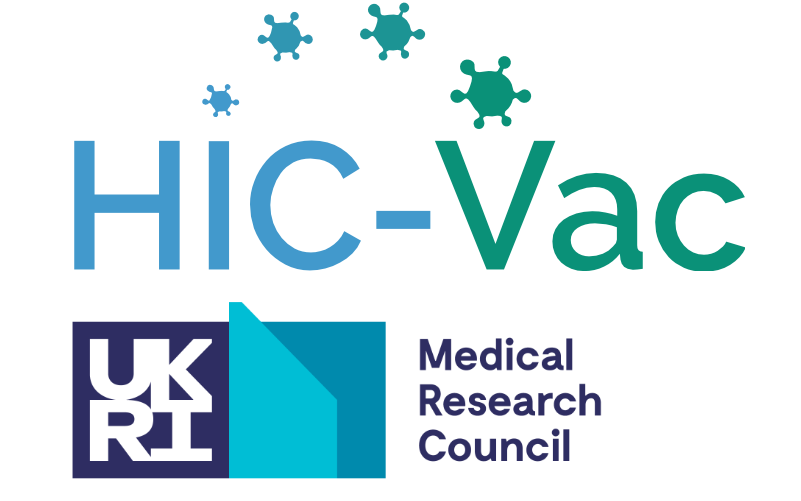HIC-Vac blog

In 2022 we ran a series of three webinars on public involvement and engagement with human challenge studies. If you weren't able to see them live, the recordings can be viewed below.
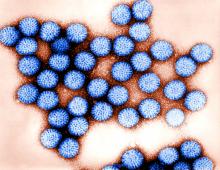
Diarrhoea continues to be one of the leading causes of death among children worldwide (nearly half a million deaths in the under-fives) and affects children living in low-income countries the most.
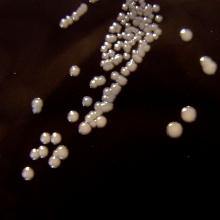
October 1784, Thomas Jefferson (known as the Founding Father of the United States and author of the Declaration of Independence) was serving as Minister to France.
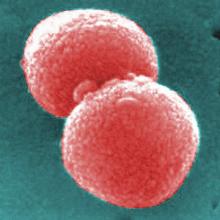
Streptococcus pneumoniae (or pneumococcus) is a type of bacteria that is a major cause of pneumonia – a disease where the lungs become inflamed and fill with fluid causing breathing difficulties.
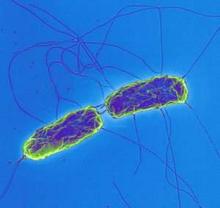
Salmonella Typhi bacteria can invade the intestines and blood and lead to a disease called typhoid fever – a disease that affects around 11 million people each year globally.
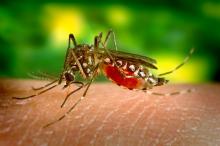
Malaria is a life-threatening disease with a big global impact.
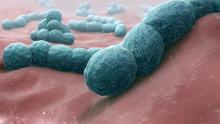
You might have seen some recent headlines that picking your nose could spread bacteria that cause pneumonia.

Respiratory syncytial virus (RSV) is a very common virus – nearly all children will catch it before they turn 2, and everyone has been infected by it several times before adulthood.
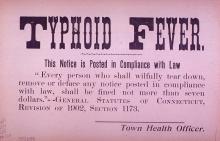
Salmonella is a common type of bacteria that lives in the guts of people and animals. In most cases in the UK, salmonella infections cause non-life-threatening gut symptoms including diarrhoea, vomiting, cramps and fever.
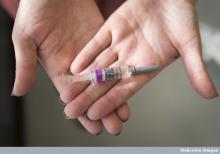
A new, more potent flu vaccine to be given to the over 65s has been announced today by Public Health England (PHE).
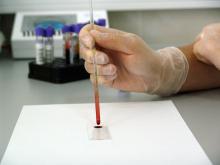
Understanding the causes and spread of disease is crucial to improving human (and animal) health.

Modern-day volunteer infection studies are carefully managed. The aim is to deliberately expose healthy volunteers to infections – they might get sick, but in a safe and manageable way with healthcare support.
